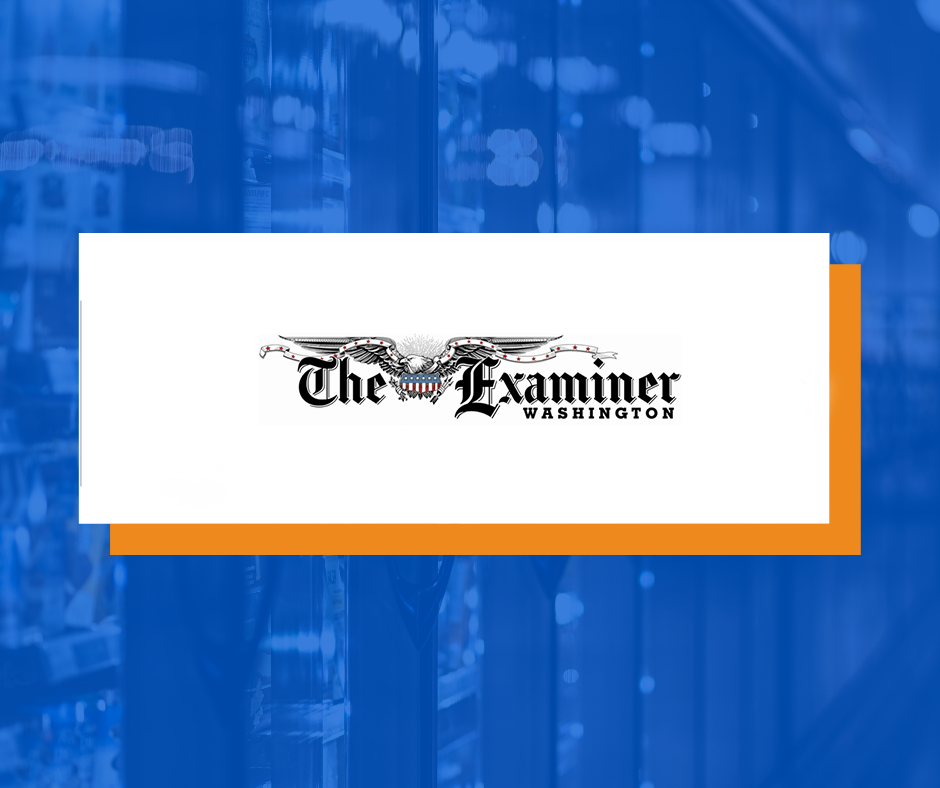What does it say about us when we turn to comedians to inform our thinking on politics?
We’ve witnessed the rise of Ukrainian comedian-turned-wartime-President Volodymyr Zelensky. Former Guatemalan President Jimmy Morales was a comedian, too, but was dogged by very unfunny allegations of corruption. Comedian Dave Smith will likely seek the 2024 Libertarian Party presidential nomination, having led the “Mises Caucus” takeover of party leadership last month.
Enter soothsaying comedians of the anti-MAGA resistance. Since the election of former President Donald Trump, late-night comedians Stephen Colbert, Jimmy Kimmel, and Trevor Noah’s monologues have sounded more like Democratic Party spin than headlining acts for comedy TV.
The slyest of the bunch is John Oliver. The British-born comedian and former Daily Showcorrespondent makes a career of political hamming.
While most comedians joke about celebrity scandals or reality TV, Oliver tackles serious issues and demands political action. In 2014, he pushed viewers to petition for net neutrality, demanding the Federal Communications Commission reclassify internet service providers as public utilities to keep the net “free.”
In the last year, his segments on critical race theory, rent control, and misinformation have gone viral among politicos, with Oliver dropping screwball jokes between policy analyses that could have been written by any left-wing think tank.
Recently, Oliver has used his satire program to demand antitrust reform to “punish” Big Tech.
He delivers punchlines and commentary sweetened with a call to action on two bills, the Open Markets Act and American Innovation and Choice Online Act. These aim to crack open the Apple and Google app stores, ban “self-preferencing” on online shops such as Amazon, and chill tech mergers and acquisitions by Meta.
Oliver champions antitrust warrior and bill author Sen. Amy Klobuchar while chastising Senate Majority Leader Chuck Schumer for dawdling on the Senate floor because of his family’s connections to tech firms. He even praises Republicans who’ve joined the cause for their own crusade of content moderation.
To be clear, there are valid concerns about several troubling actions by tech firms. When they break the law, they should be penalized.
But Oliver’s reductionist arguments, delivered in comedic pentameter, manifest a world of rampant consumer harm because Amazon sells its own batteries or because Google heavily features its image algorithm.
What Oliver deplores is vertical integration in tech. But this is precisely why we celebratecompanies such as Tesla and IKEA, which rank highly in consumer satisfaction and make a name for themselves by controlling their supply chains. Somehow, this is deplorable when it’s an online business with millions of users and customers.
That is the message Oliver fans — and serious advocacy organizations and politicians — take from his show.
Digital rights group Fight for the Future, leading a coalition of tech competitors and left-wing pressure groups, is hosting an initiative they call “Antitrust Summer,” demanding Congress take immediate action. No surprise, Oliver’s segment prominently features on the homepage. Democratic heavyweights such as Hillary Clinton share his YouTube video with glee.
When comedic figures become political flag bearers, we should remain skeptical. There is every reason to hold Big Tech accountable without weaponizing the government. And even more reason to avoid complaints from comedians with little skin in the game.
Oliver, and the political factions who celebrate him, should know that complaints about a company’s product cannot be the basis for a sweeping redefinition of federal antitrust policies that would affect hundreds of millions of consumers. Government power is no laughing matter.
Originally published here



